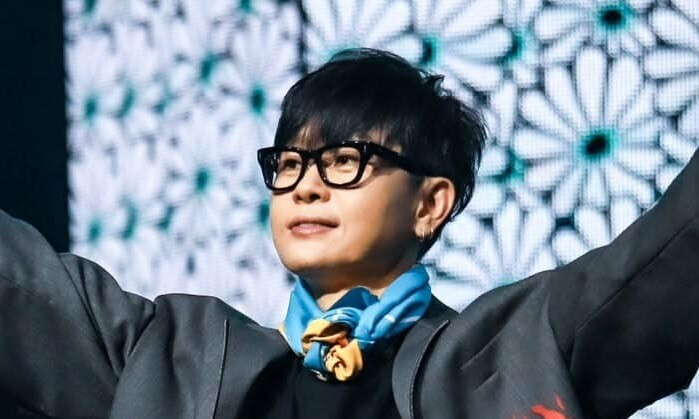
Guemyeong, South Korea – A recent decision by the local government of Guemyeong to abruptly cancel a concert by renowned South Korean singer Lee Seung-hwan has sparked widespread controversy and political backlash.
Originally scheduled for December 25th at the Guemyeong Culture and Arts Center, the concert was called off just two days before the event was set to take place. Mayor Kim Jang-ho cited concerns about potential clashes between concertgoers and conservative groups as the reason for the cancellation.
"This decision is not about targeting Mr. Lee Seung-hwan's personal political stance," Mayor Kim explained. "However, we need to consider the possibility of misunderstandings and potential divisions among citizens."
The Progressive Party, a South Korean political party, has vehemently criticized the mayor's decision. In an urgent statement, Hong Seong-gyu, the party's senior spokesperson, condemned the cancellation as a blatant violation of the freedom of expression guaranteed by the South Korean Constitution.
"Mayor Kim's decision to cancel the concert and his demand for a bizarre 'pledge' that is not mentioned in any regulation is a clear trampling on the fundamental right to freedom of expression," Hong stated. "We strongly condemn this undemocratic behavior and demand an immediate retraction and a public apology to Mr. Lee Seung-hwan and all our citizens."
Hong further emphasized the significance of the concert for both Lee Seung-hwan and the citizens of Guemyeong. "Mr. Lee Seung-hwan has promised that this would be his first concert in Guemyeong after 35 years, and he intended to make it his best performance ever," Hong said. "All of our citizens have the right to enjoy Mr. Lee's performance in Guemyeong. This is only natural in a democratic republic."
In a social media post, Lee Seung-hwan expressed his disappointment with the sudden cancellation and announced that he would be taking legal action against the city. He accused city officials of demanding an unreasonable pledge to refrain from making any politically charged remarks during the concert.
"It is unacceptable that I should be asked to sign a document promising not to make any politically ambiguous remarks right before the concert," Lee stated. "This is something that should never happen in a democratic country like South Korea that prioritizes freedom of expression."
The controversy has ignited a broader debate about the limits of freedom of expression and the role of local governments in cultural events. Critics of the decision argue that it sets a dangerous precedent for censorship and undermines democratic values.
[Copyright (c) Global Economic Times. All Rights Reserved.]




























